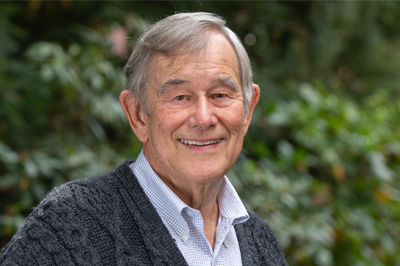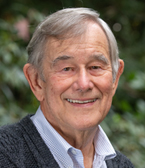
Paul E. Peterson is Henry Lee Shattuck Professor of Government, Director of the Program on Education Policy and Governance, and Senior Editor of Education Next: A Journal of Opinion and Research, all at Harvard University. He is also a Senior Fellow at the Hoover Institution. He is a member of Hoover's Education Success Initiative focusing on the improvement of education policy and providing public education solutions for state education and policy leaders.
Peterson’s research interests include educational policy, federalism, social capital, and charter schools. He has evaluated the effectiveness of school vouchers and other education reform initiatives, identified growth in student performance and closing of social and ethnic gaps over the past fifty years, and identified gains in student performance at charter schools.
Peterson is a member of the American Academy of Arts and Sciences and the National Academy of Education. Peterson is a recipient of a John Simon Guggenheim Fellowship, the Woodrow Wilson Award from the American Political Science Association for the best book published in government or international relations and the Walton Family Foundation Prize for Best Academic Paper on School Choice and Reform awarded by the Economics and Finance Policy Association. The Editorial Projects in Education Research Center reported that Peterson’s studies on school choice and vouchers were among the country’s most influential studies of education policy.
Recent books include Saving Schools: From Horace Mann to Virtual Learning and, with Eric Hanushek and Ludger Woessmann, Endangering Prosperity: A Global View of the American School.
These and other publications which Paul E. Peterson has authored or edited are listed below:
Race and Authority in Urban Politics: Community Participation and the War on Poverty. J. David Greenstone, Paul Peterson. Russell Sage, 1973, pb with new intro, University of Chicago Press, 1976, 364 pages. 1974.
In this penetrating book, the authors provide a systematic empirical analysis of an important public policy issue—citizen participation in the Community Action Program of the Johnson administration's "War on Poverty." This Phoenix edition includes a new introduction in which the authors explicate the most important themes in their analysis.

